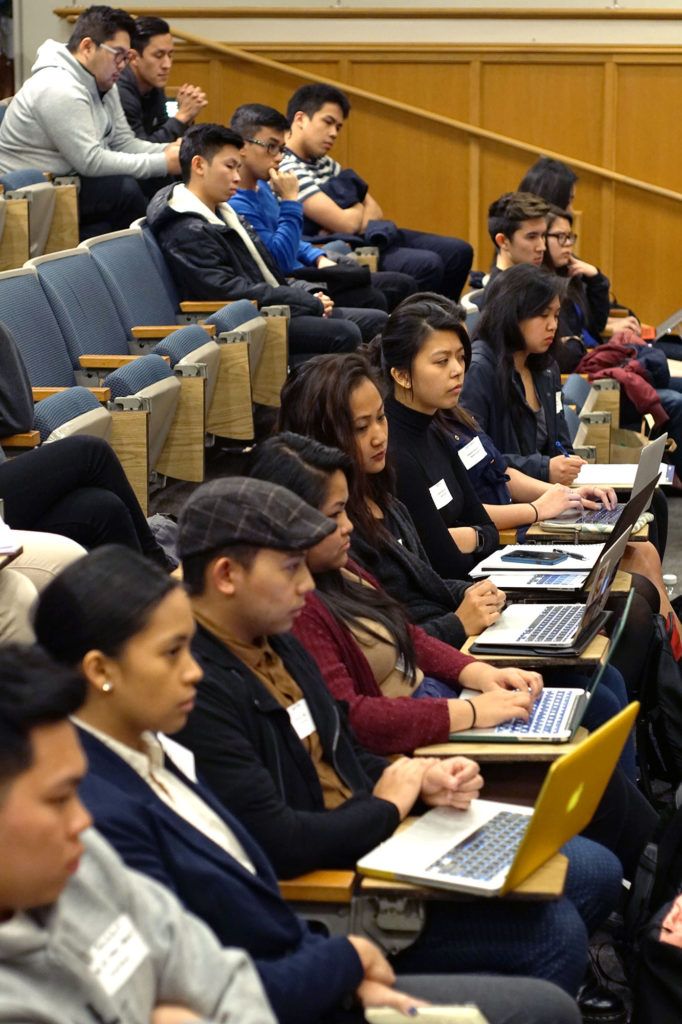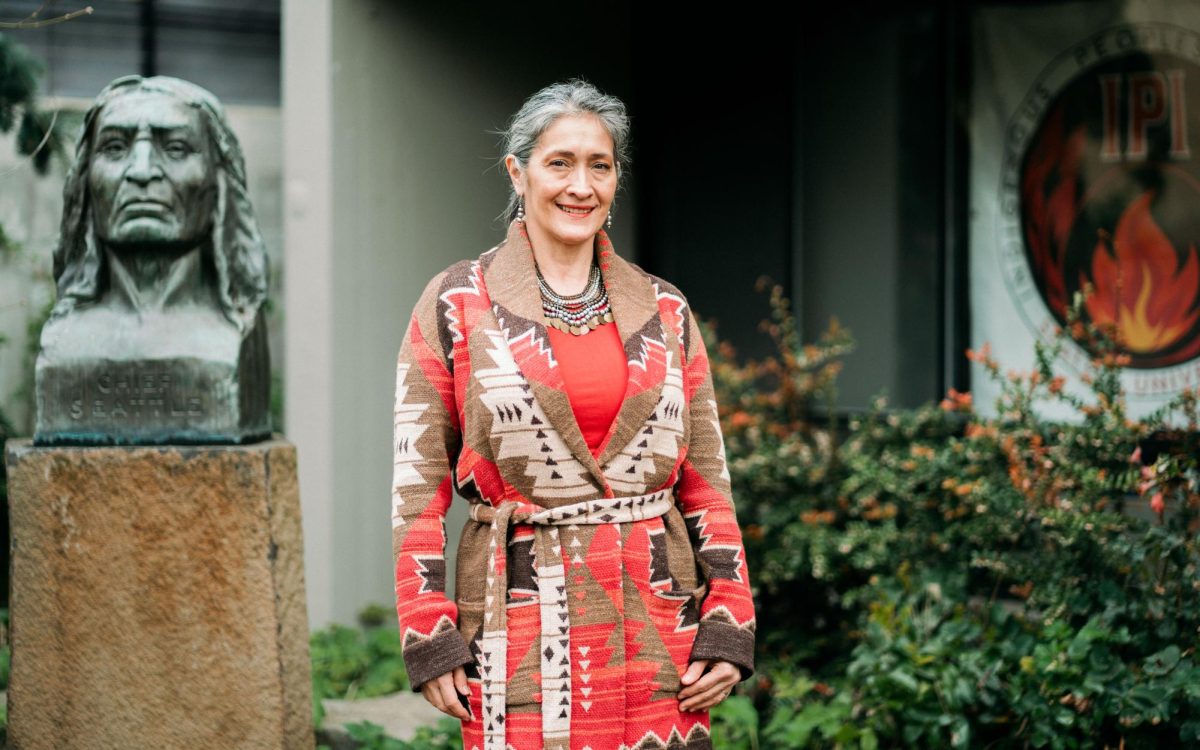Seattle University administrators responsible for the changes in food policy announced major alteration on Thursday, essentially reversing their decision made last month.
Prior to Thursday, changes to the policy pertaining to food served at legacy events suggested that students would no longer be allowed to participate in much of the food preparation. Instead, cultural clubs on campus would need to hire Bon Appétit to cater these events, and they would need to pay a chef to oversee any preparation students participated in.
On Thursday, the policy was largely reverted to what it has been in previous years, with a couple minor differences.
“What it’s gonna require, from what we can tell, is that Bon Appétit will purchase hats for everyone, gloves for everyone,” said Bon Appétit Manager Jay Payne during Thursday’s meeting. “It’s gonna be expensive, but we’re gonna do it…We’re gonna get as close as possible, within reason, to making this work for your group.”
Payne explained that Bon Appétit will cover the liability for students working in the kitchen. Students will be allowed to do almost everything they’d been doing in the past, aside from using deep-fryers.
“We’re hoping to get really close to what we’ve done in the past,” he said, further explaining that Bon App will no longer charge the student groups for chef supervision or labor, which has been a concern for many clubs who hadn’t planned for any additional costs.
This announcement came during a meeting between administrators and students involved in cultural clubs on campus. The meeting had been requested by students, with the purpose of giving the administration members a letter, signed by the United Filipino Club, as well as almost 250 other students, alumni and friends.
The letter cites three primary grievances: the way the policy impedes the students’ “ability to take ownership of the preparation of traditional dishes,” the “financial burdens that come with this change [that limit] underrepresented cultural clubs” and the “lack of student involvement in the making of this policy.”
While the group of administrators addressed the first two grievances by adapting the policy, they didn’t answer to these students’ frustration with the lack of communication between themselves and the heads of the clubs that this change primarily affected.
To answer for that complaint, Vice President for Student Development Michele Murray explained that the conversation around students in the kitchen arose from an entirely different discussion about these legacy events.
“This started as a conversation from a staff point of view,” Murray said.
She said that when the conversation developed into a reconsideration of students in the kitchen, “that’s when communications started.” Further, Murray said it wasn’t the intention for students to feel excluded from the decision to implement policy changes.
Director at Office of Multicultural Affairs Czarina Ramsay also addressed this concern.
“As I’m hearing the conversation, I’m recognizing the tensions…What I hear you saying is these are experiences that not only helped clarify sense of self on this campus, but also an avenue of connection to community,” Ramsay said. “What I’m hearing from students is a want to have a more participatory connection to that.”
Payne also emphasizes that the policy hasn’t been written yet and they’re conducting this meeting as a means to work out the policy details.
While the major details seem to be fairly secured at this point, the policy will be formally set at some point in the next two weeks.
After the meeting, Barrio Co-Chair Jamie Labrador expressed optimism regarding the ways their concerns have been met.
“I appreciated that this could be a space where we could share our concerns,” she said. “And they could, as well, voice out their concerns in terms of meeting the proper expectations and meeting the laws.”
However, she also conveyed disappointment in the university’s approach to amending the policy.
“I just wish that this conversation could have been generated sooner, and that we could have worked out a policy more in advance, especially considering that Barrio is six weeks away,” she said. “I wish that this was something we could have done sooner, and didn’t have to resort to.”
Regardless of the eventual outcome, members of these groups say their trust with the university has faltered as a result.
Labrador said she’s concerned that the policy will again change in the near future and that the administration is doing so only because students voiced their concerms.
For now, this meeting has facilitated a productive conversation. The hope, now, is that this solution can be permanent, and that it can sufficiently address both the concerns of the administration and the needs of the cultural clubs.
Josh may be reached at
[email protected]












